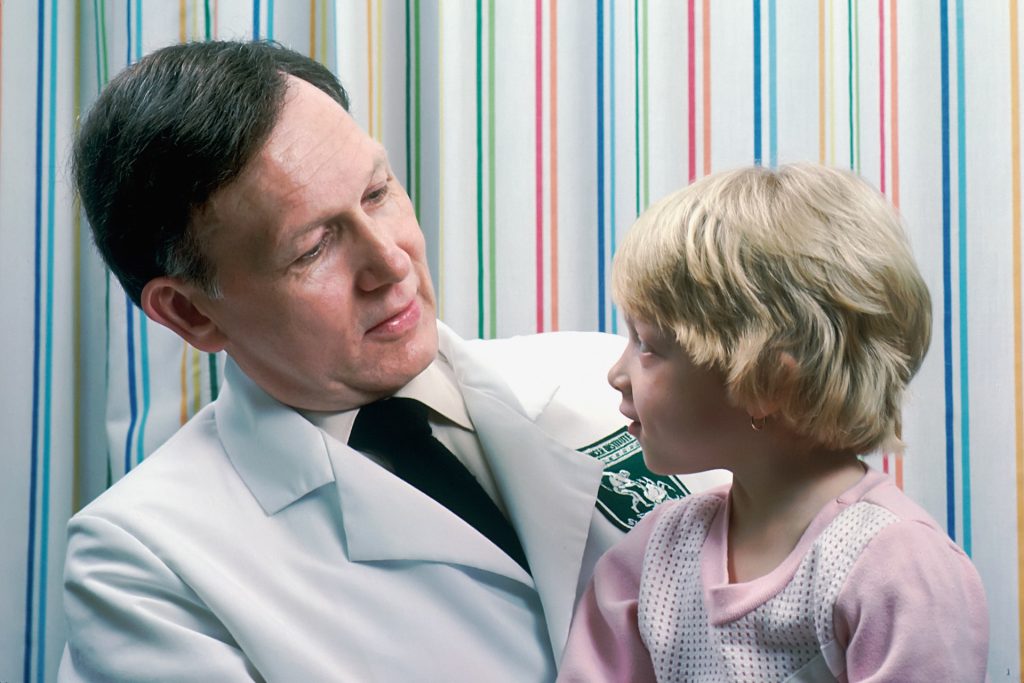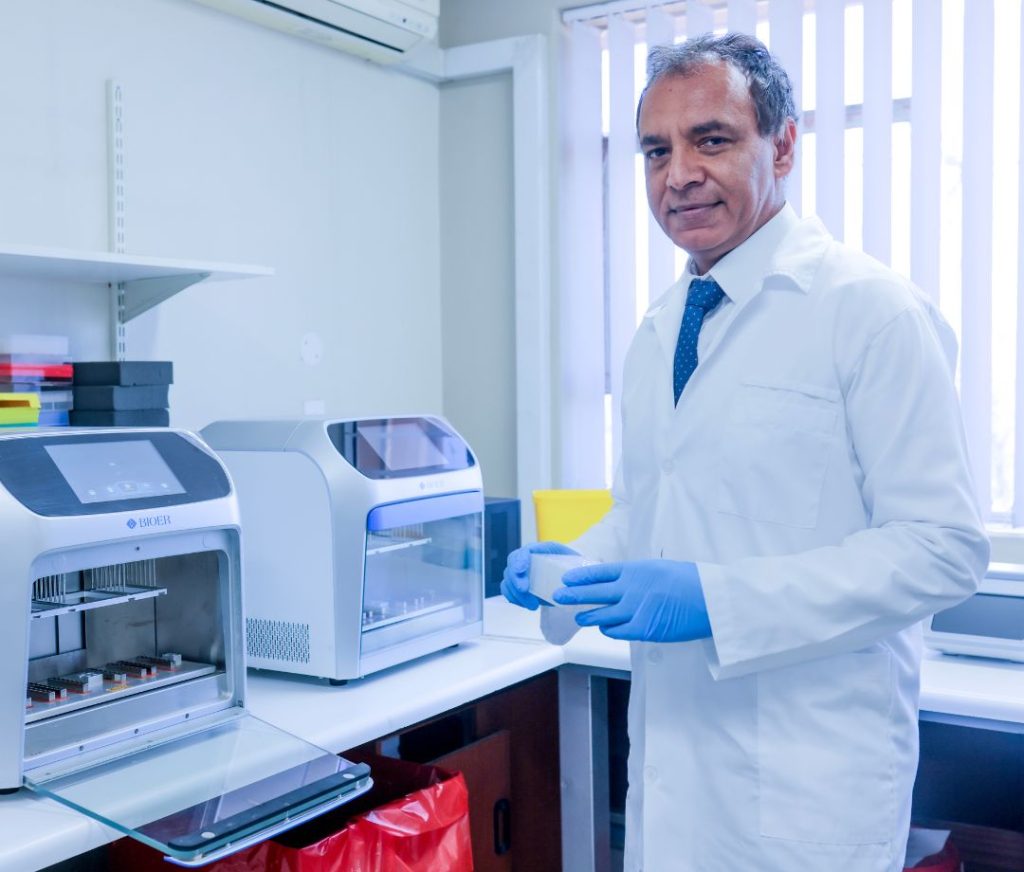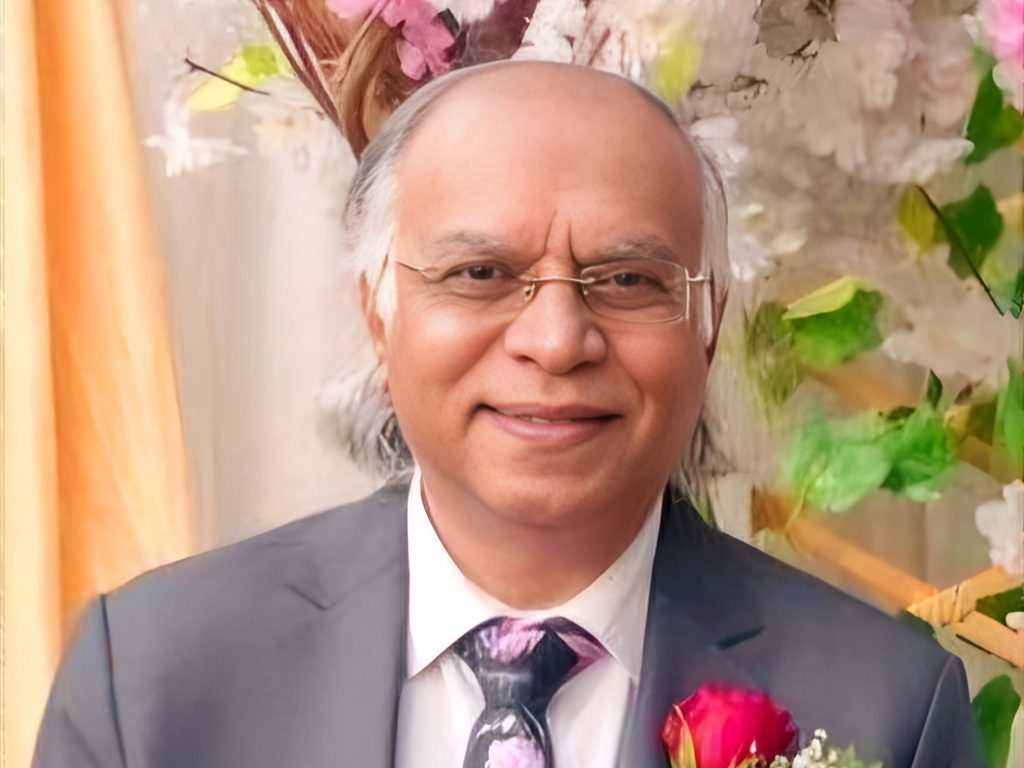Shattering Ceilings: How Women are Revolutionising Healthcare in SA

In South Africa’s ever-evolving healthcare landscape, women are not just participants—they are pioneers, breaking barriers and driving transformative change. With women making up approximately 51.1% of South Africa’s population and over 50% of the African continent’s population of more than 1.4 billion people, their contributions are integral to the region’s progress. In the healthcare sector, women form the backbone of the workforce, representing a significant majority in roles ranging from frontline patient care to high-level decision-making.
writes Ms Nokuzola Mtshiya, Head: Stakeholder Relations and Business Development, Board of Healthcare Funders
The Board of Healthcare Funders (BHF) celebrates the incredible women who are leading the charge, advocating for equity, fostering innovation, and ensuring inclusivity at every level of the system. As trailblazers, they are not only providing essential frontline care but are also shaping strategies that will influence the future of healthcare in South Africa and beyond. This moment calls for even more women to step into leadership roles, to amplify their impact and continue to reshape the future of healthcare across the continent. Among the many remarkable women making a difference, we celebrate a few who are setting the standard for excellence and progress in the sector.
Professor Deborah Glencross: Revolutionising HIV diagnostic immunology
Professor Deborah Glencross’s journey from childhood, which was marked by frequent hospital visits, to becoming a leading expert in haematology and molecular medicine. is nothing short of extraordinary. Initially aspiring to be a paediatrician, her path changed due to health challenges. This shift led her to a groundbreaking career at the National Health Laboratory Service, where she has made a significant impact in the field of HIV care.
Prof Glencross’s development of the PanLeucogated (PLG) CD4 assay has been pivotal in improving the quality and affordability of CD4 testing, a crucial aspect of HIV care. Her innovation has saved South Africa approximately R12 billion, reflecting her ability to drive significant advancements despite resource limitations. This achievement underscores the potential for local insights and creativity to lead to profound healthcare improvements.
Throughout her career, Prof Glencross has been deeply involved in flow cytometry technology, which contributed to her pioneering work in HIV diagnostics. Her success is also attributed to the mentorship she received from influential figures such as Prof Barry Mendelow and Prof Ruben Sher. Their support helped shape her research focus and contributed to her international recognition.
Prof Glencross’s career highlights the importance of persistence and effective management of both professional and personal responsibilities. She advises young women in healthcare to seek support and let go of guilt, emphasising the need for better support systems such as on-site childcare and flexible work hours. Her vision for the future includes driving impactful solutions through local knowledge and creativity rather than relying solely on large grants.
This driven and caring healthcare professional’s legacy is testimony to the significant impact that dedicated individuals can have on transforming healthcare and improving lives.
Dr Gloria Tshukudu: Innovator in plastic and reconstructive surgery
Dr Gloria Tshukudu’s career in healthcare is a powerful example of dedication and resilience. From a young age, influenced by her mother’s career as a nurse, Dr Tshukudu knew she wanted to be a doctor. Despite facing numerous challenges, including struggles with specialisation and balancing professional demands with personal responsibilities, she remained steadfast in her commitment to medicine.
Dr Tshukudu has achieved notable milestones in her career, including becoming the first South African woman to qualify as a plastic surgeon in 2013, pioneering research on chemical peels for ethnic skin and making significant advancements in plastic surgery. Her contributions have not only advanced her field but have also helped address issues related to gender dynamics and representation within healthcare.
Navigating the complex interplay between work, family responsibilities and societal expectations has been a significant part of Dr Tshukudu’s career. She has advocated for improved support systems, including better maternity leave and access to childcare, to enhance the working conditions for women in healthcare. Her leadership style emphasises empathy, support, and perseverance, reflecting her belief in fostering an inclusive and supportive environment.
Dr Tshukudu’s efforts have significantly increased the representation of women and marginalised groups in healthcare. Through mentoring and supporting younger professionals, she has contributed to the evolution of the healthcare sector, ensuring that future generations benefit from the advancements and opportunities she has championed.
Melanie Da Costa: A visionary in healthcare strategy and policy
Melanie Da Costa is a trailblazer in healthcare strategy and policy. She combines her expertise as a Chartered Financial Analyst (CFA) and a Master of Commerce (MCom) to make a profound impact on the healthcare sector. Her career began in the investment world, where she distinguished herself as a healthcare investment analyst and fund manager. Notably, she served as the Head of Equity Research for HSBC’s South African office, showcasing her deep understanding of financial dynamics and strategic insight.
In May 2006, Da Costa transitioned to Netcare, where she has been instrumental in the organisation’s strategic evolution. Her role in founding the Health Policy Unit has been crucial in shaping national health policy. Her responsibilities at Netcare include overseeing health policy, funder contracting and strategic initiatives, with a focus on international opportunities until 2018.
Da Costa’s influence extends beyond South Africa. She has played a key role in global healthcare policy discussions, leading Netcare’s participation in the South African Competition Commission Healthcare Market Inquiry and serving as the Board lead in the UK’s Competition Markets Authority Healthcare Inquiry. Her strategic acumen was further demonstrated during her tenure on the Board of BMI Healthcare in the United Kingdom, where she contributed until the group’s change of control in 2018.
Currently serving as the Managing Director of Netcare Akeso, Da Costa continues to drive strategic growth and innovation. Her leadership during the government-led pandemic response, including the vaccine rollout, was recognised with a Lifetime Achievement Award in 2022 from the Hospital Association of South Africa (HASA), honouring her contributions to health policy and unwavering commitment to improving healthcare systems.
Dr Keo Tabane: Shaping the future of oncology care
Dr Keo Tabane’s journey into oncology bears witness to her unwavering commitment to service and excellence. Raised by an Anglican priest, her formative years instilled in her a profound sense of purpose, steering her toward a career where she could make a meaningful impact.
After completing her undergraduate training in 1999, Dr Tabane embarked on her medical career with an internship at Kalafong Hospital, followed by community service in Makopane.
A defining moment in Dr Tabane’s career came early on during her internship when she faced prejudices as a young black woman. Instead of being deterred, she used this challenge as fuel for her drive, leading to her success and subsequent invitation to return as a specialist.
Her dedication and expertise earned her the prestigious Charlotte MacLeachy Award for medical excellence in 2019. By 2002, she returned to Johannesburg, becoming a specialist in internal medicine and later a pioneering force in medical oncology.
Dr Tabane attributes much of her success to the mentorship of Dr Daniel Vorobyov, whose guidance profoundly influenced her patient-centred approach. Balancing the demands of a high-stakes career with personal life has not been without its challenges. She views work-life integration as a dynamic dance rather than a static balance, blending her professional and personal spheres to enhance both.
Her advice to aspiring women in healthcare emphasises the importance of self-care and respecting personal boundaries. Dr Tabane envisions her legacy as one defined by a focus on patient-centred care, advocating for initiatives to tackle burnout and promote value-based care that keeps pace with medical innovation. Her vision for the future of healthcare is one where progress and patient welfare are intertwined, ensuring that every advancement serves to enhance the quality of care.
These women exemplify leadership and innovation in South Africa’s healthcare sector, making significant contributions that drive progress and equity. From advancing diagnostics and pioneering new treatments to shaping policy and driving strategic growth, their diverse achievements highlight the transformative power of women in healthcare.
Their dedication and impact ensure that adequate healthcare reaches every corner of the nation, inspiring future generations to continue their legacy of excellence and service.










